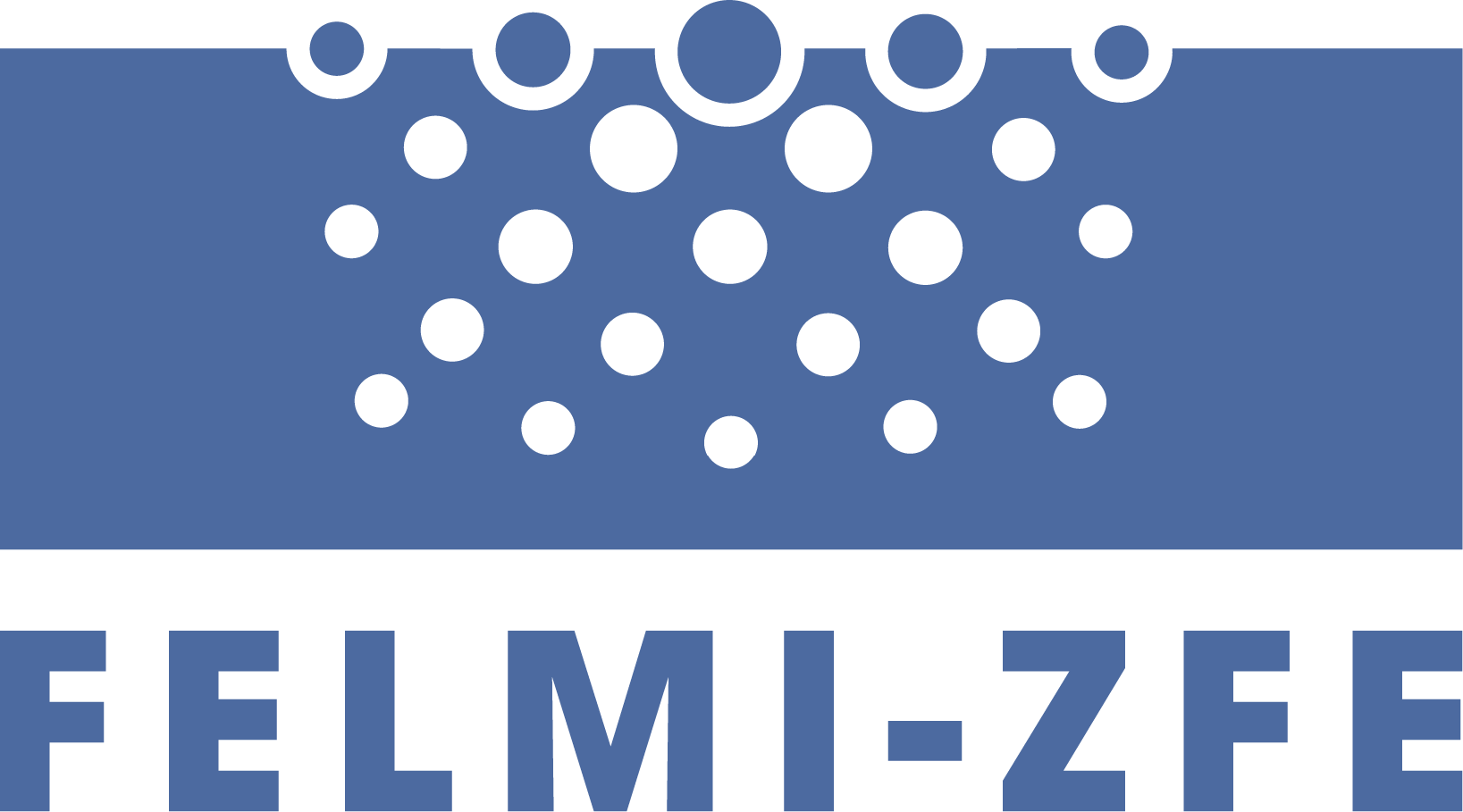
Project Number FO 999.912.155

The MYRIAD project (funded by EFRE & FFG) brings a unique multi-ion beam microscope to the Graz Centre for Electron Microscopy (ZFE) – in a configuration that is currently unmatched worldwide. MYRIAD opens up new dimensions for scientists, supporting breakthrough research in micro-/nanoelectronics, energy and sustainability, materials science, quantum technologies, biotechnology, and life sciences. With its versatile range of applications, MYRIAD reinforces Austria’s research and innovation strategy, further establishing the country as a central hub for scientific excellence and advanced technology.
Unmatched Configuration
Heart of the MYRIAD project is the state-of-the-art Helios 5 HYDRA+ system from Thermo Fisher Scientific (TFS) – a Plasma Focused Ion Beam (pFIB) platform that sets new standards in versatility and performance. Its core feature is the combination of a high-resolution, monochromated electron column with a pFIB column that allows for flexible use of various ion species, including Xenon (Xe), Argon (Ar), and especially Oxygen (O) and Nitrogen (N). This configuration and the resulting flexibility opens entirely new avenues in material processing and analysis. The HYDRA+ core system is enhanced by a suite of specialized extensions, including detectors for Scanning Transmission Electron Microscopy (STEM), Energy Dispersive X-Ray Spectroscopy (EDXS), and as a first, Time-of-Flight Secondary Ion Mass Spectrometry (TOF-SIMS), plus a Cathodoluminescence (CL). While TOF-SIMS is excellent for surface-sensitive chemical analysis with high mass resolution and spatial mapping, CL is ideal for probing electronic and optical properties at the nanoscale, particularly in semiconductors and defects.
Temperature control is enabled via three complementary modules: high-temperature operation up to 1.300 °C using MEMS heaters from DENSsolutions, mid-range heating and cooling from -60 °C to +125 °C via a Kleindiek stage, and (variable) cryogenic capabilities down to -170 °C using a TFS cryo-stage. For additive and subtractive fabrication with electrons and ions, seven different – in part unique – process gases are integrated, ensuring maximum flexibility for advanced applications. The platform is further complemented by a high-resolution Atomic Force Microscope (AFM) for correlative surface characterization and five micro- and nanomanipulators (from TFS and Kleindiek) enabling precise manipulation and dynamic electrical measurements at the nanoscale.

Revolutionary Nanofabrication
MYRIAD’s unique multi-ion capabilities together with a high-resolution electron column offer unparalleled flexibility in fabricating complex 0D to 3D micro- and nanostructures. This opens up new approaches in nanofabrication for innovative material properties and multifunctional designs, paving the way for previously unimaginable applications. With its special configuration, MYRIAD expands the boundaries of research in modern material engineering.


Multimodal Characterization
In addition to nanofabrication, MYRIAD offers an extensive range of state-of-the-art analysis methods, currently in a globally unique configuration. This setup enables multimodal characterization, providing detailed insights into material composition, structure, morphology and functionality. From high-resolution imaging down to atomic resolution towards precise spectroscopic analysis and 3D reconstruction, MYRIAD provides researchers and developers with a powerful toolkit for exploring complex materials with an unprecedented level of correlative detail.
Enhanced Capabilities for Cryogenic Conditions
A standout feature of MYRIAD is its ability to operate at cryogenic temperatures – an essential condition for studying sensitive materials like soft matter, metallic high-performance materials, batteries or biological samples. This cryogenic option is crucial for advances in biotechnology, life sciences, energy materials and other fields where maintaining chemical and structural sample integrity is of utmost importance. To support seamless workflows, an inert transfer system ensures non-invasive sample handling when moving specimens to other state-of-the-art instrumentation within the ZFE ecosystem.
Strengthening Austria’s Position as a Research and Innovation Hub
MYRIAD provides more than a research platform – it is a strategic resource that is aligned with Austria’s long-term research goals, including the Styrian FTI Strategy and initiatives like BioTechMed, the Silicon Alps Cluster, or Silicon Austria Labs, serving in cooperative projects. It is available to national and international research and industry partners, fostering advancements in a wide range of future use cases. Interested parties are welcomed to align with us about their potential applications with the system. Additionally, MYRIAD plays a key role in education and training, providing students, early-career scientists, and interested people with hands-on experience and training opportunities, preparing them to work with cutting-edge technology and meet today’s and future’s research challenges


Financial Support
The MYRIAD project is made possible by the European Regional Development Fund (EFRE) in cooperation with the Austrian Research Promotion Agency (FFG), with additional financial support from BioTechMed and the ZFE Graz. This funding contributes to a strategic investment that strengthens Austria’s research infrastructure and promotes innovative collaborations.
Further information on the IBW/EFRE & JTF program can be found at www.efre.gv.at.
MYRIAD Sets New Standards
This unique platform unlocks groundbreaking opportunities poised to advance both scientific discovery and technological innovation. Accordingly, MYRIAD aims to establish new benchmarks in nanofabrication and multimodal characterization.



